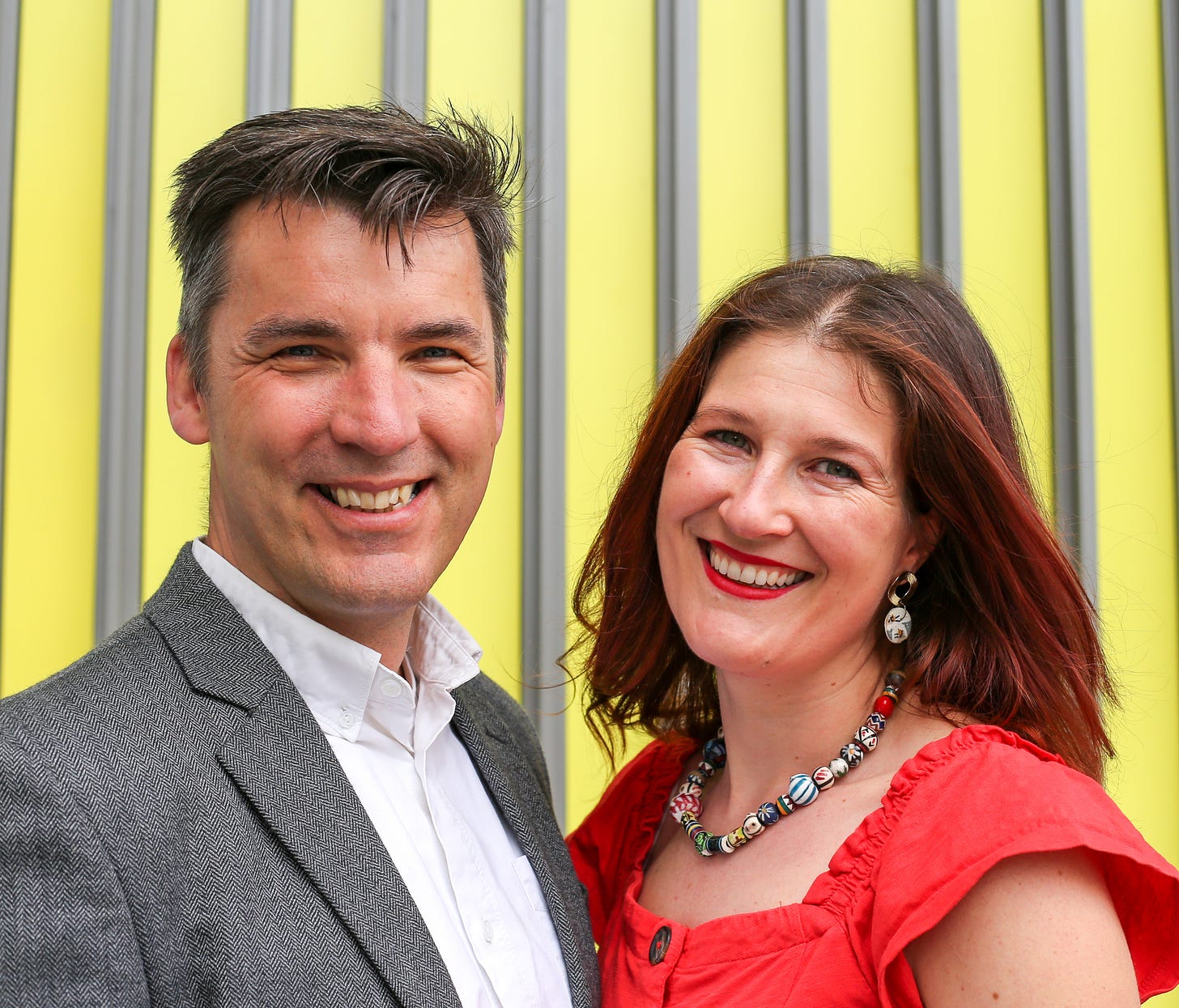Send your ROI skyrocketing!
by Caroline Danks

Picture description - a cute little red and white rocket against a dark sky
In celebration of our Fundraising ROI’s report, here are a few tips on how to improve your own ROI.
Firstly a disclaimer (I feel like I’m writing these more often than I’m not at the moment!).
The title on this piece is a bit clickbaity. That’s intentional. We wanted you to open and read the email.
The idea of ‘skyrocketing’ anything at the moment, let alone your fundraising results is definitely debatable.
We understand the current context completely.
Whilst we’re not sure we share Rachel Reeves’ confidence when it comes to ‘smashing your growth targets out of the park’, we do believe that there are actions you can personally take which will help to increase your overall income. Just don’t expect an overnight success.
Ok, in the words of Girls Aloud, let’s get on with the show…
Good things come to those who wait
Rather more accurately, good things come to those who work with focus and consistency over many years and who await the results with patience.
Starting a new area of fundraising from scratch will require you to wait for months or every years (depending on the type of fundraising you’re doing) to see results. Lead in times are real, as is the ability to hold your nerve during this hideous limbo.
For most areas of fundraising, the longer you work at it, the better your results will be.
In my last employed role, I spent eight years building a regional trusts and major gifts programme. I ended up with a 50% success rate by the end, because I knew our donors really well and had built some solid connections.
However, there are well known challenges with recruitment and retention in fundraising and turnover is high. Unfortunately, this is the exact opposite of what is needed to develop the personal relationships needed to make your fundraising efforts really sing.
So if you manage fundraisers, nurture them, give them opportunities to develop, expose them to new opportunities, ensure they leave the office on time and encourage them to have physically and emotionally satisfying lives outside of the office. Invest in their development.
Give the good ones reasons to stay, and your ROI will creep up.
And if you’re a fundraiser, take care of yourself as best as you can, advocate for yourself and choose a workplace which takes care of you.
Monkeys equal peanuts
Investing in fundraising is nerve wracking, especially if you’re doing it for the first time.
If you’re recruiting a sole fundraiser, don’t be afraid to ask for someone with experience. Be flexible though - allow people to choose their own hours as much as possible and only demand in-office working if it’s necessary (for trust fundraisers, it isn’t). Be open to part time and full time workers.
If you’re recruiting someone to an existing team of fundraisers, don’t be closed to the possiblity of someone who is completely new to fundraising. Recruit instead for attitude, potential and transferable skills, such as someone who is good at listening, unafraid of picking up the telephone, thoughtful, diligent, able to put themselves in the donors shoes and to advocate for them in internal meetings etc.
If you shirk from training and developing a new fundraiser, you may well struggle to see a decent ROI.
Think carefully about value over cost, remembering that if you’re paying peanuts, then it might be better to just go hungry (or to have fewer, high quality, organic peanuts).
Reduce non-fundraising time to a minimum
For every hour that your fundraisers are not speaking to donors on the phone, meeting donors, prepping to meet donors, writing to donors or following up with donors, your ROI is going down faster than a Red-Bull cliff diving finalist.
Some non-fundraising stuff is needed for sure, but if you manage a fundraiser then think terribly carefully about what you’re asking them to do.
Can you support them to cut out some of these?
internal meetings (or sections of meetings that don’t directly relate to their work)
travel (including commuting)
commitment to respond to every single email (let’s go easy on cc’ing everybody in)
data entry (essential but maybe your best fundraiser doesn’t need to do it?)
internal networking / team building
Fundraisers, look at your own diary and be honest about what is sucking your time away from the most important tasks. Are you tackling your biggest, most business critical things at a time of day when you can work uninterrupted? Is there too much on your plate, making you feel overwhelmed?
To recap
For a great return on investment in fundraising:
Don’t expect too much too soon
Long term committment makes a difference
Be flexible and open in recruiting fundraisers
Take care of your fundraisers - invest in their development
Protect fundraisers from work that isn’t fundraising
Interested to know the average return on investment for different areas of fundraising in 2025?
Us too!
Upgrade your subscription and explore the topic further in these awesome pieces:





Random question. Are you doing figures for the ROI study for 2023-24 financial year or the 2024 calendar year?